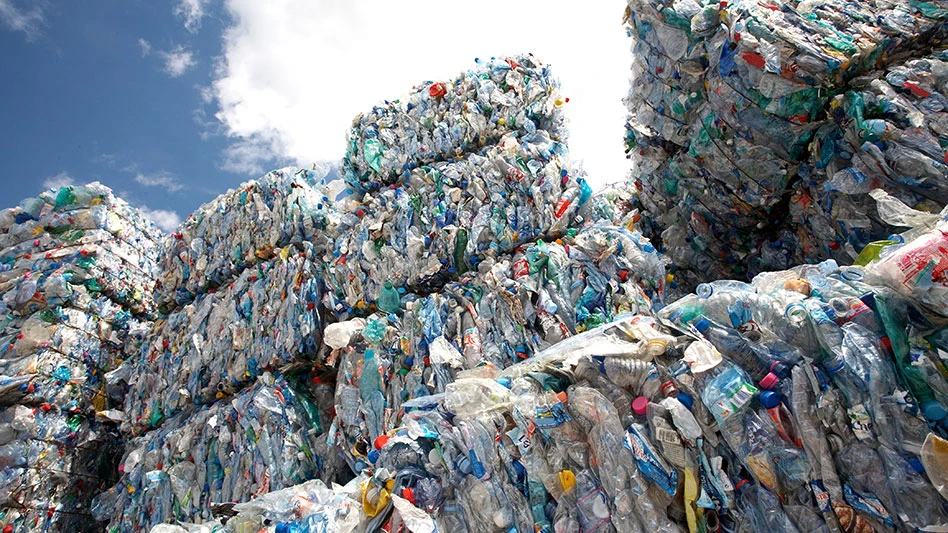
fotofuerst | stock.adobe.com
L’Oréal Group, Clichy, France, has partnered with Philippines-based Plastic Credit Exchange (PCX), a producer responsibility organization that offers plastic credits to companies to offset their carbon footprints. Through this partnership, L’Oréal will recover, sort and recycle plastic equivalent to 100 percent of its yearly plastic footprint volume in the Philippines starting in 2023, PCX says.
This initiative is part of the L’Oréal for the Future program, the company’s sustainability strategy for 2030, and will work in accordance with the Philippines’ Extended Producer Responsibility (EPR) Act.
“L’Oréal is committed to promoting a circular economy. Our focus is to create products that reflect this aspiration, from the design to the postuse of our products,” says Yannick Raynaud, country managing director at L’Oréal Group, Philippines. “To amplify this vision, the group has committed to ensuring that 100 percent of the plastics used in L’Oréal’s product packaging will come from recycled or biobased sources by 2030. As we work hard to achieve this goal, we share our full support and commitment to the implementation of the Extended Producer Responsibility Act in the Philippines as an effective way to reduce our impact.”
L’Oréal will be one of five companies working with PCX that has pledged to recycle 100 percent of its yearly plastic scrap volume in the Philippines, PCX adds.
“As the world’s first fully integrated plastic offset program, we are inspired by the strides that the Philippine government and the participating companies are taking together,” PCX Founder Nanette Medved-Po says. “Tackling plastic waste is an important issue, and we’re pleased that L’Oréal has gone above and beyond requirements to address the plastic pollution challenge in the Philippines with urgency.”
As part of its L’Oréal for the Future program, the company says it has evaluated all products using multicriteria lifecycle analysis to reduce impact on the environment since 2017. In 2022, 78 percent of polyethylene terephthalate (PET) used by the company worldwide was made from recycled plastic, and by 2030 L’Oréal aims to reduce the amount of packaging used in its products by 20 percent compared to 2019. L’Oréal says it was the first beauty company to roll out the Green Parcel Program in the Philippines, an initiative to reduce plastic use in the fulfilment process.
Latest from Recycling Today
- BMW Group, Encory launch 'direct recycling’ of batteries
- Loom Carbon, RTI International partner to scale textile recycling technology
- Goodwill Industries of West Michigan, American Glass Mosaics partner to divert glass from landfill
- CARI forms federal advocacy partnership
- Monthly packaging papers shipments down in November
- STEEL Act aims to enhance trade enforcement to prevent dumping of steel in the US
- San Francisco schools introduce compostable lunch trays
- Aduro graduates from Shell GameChanger program





